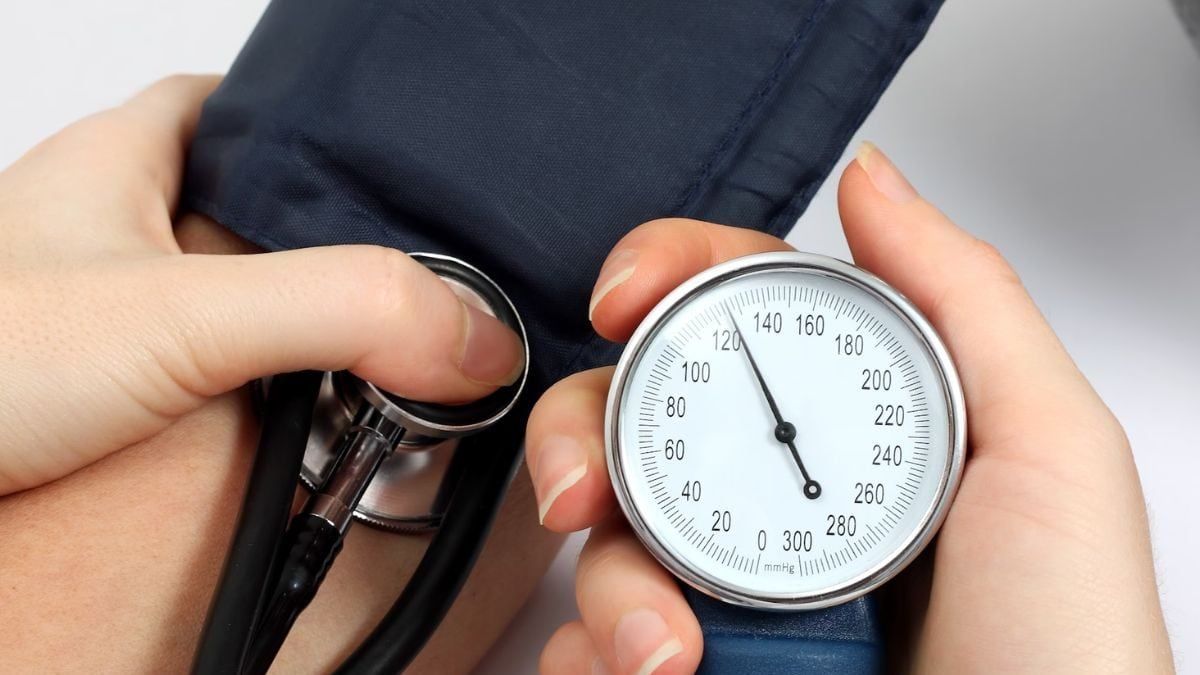Diabetes affects the nerves and causes poor blood circulation.
High blood pressure or hypertension can also increase the risk of heat stroke.
This year, summer heat has been breaking records. The high temperatures and stifling heat throughout the country have made it difficult to leave the house. While Tamil Nadu has seen a brief respite with light rains, the scorching heat has returned. These high temperatures have caused many to suffer heat stroke, seizures, confusion and loss of consciousness. Several reports have found that vitamin D deficiency is one of the main causes of heat stroke.
Vitamin D is vital for bone health. Deficiency of this can cause the body's inability to regulate temperature, resulting in heat stroke. It can also weaken the body's ability to respond to heat stress. Vitamin D helps with the body's inflammatory response, and deficiency can cause some of the worst heatstroke symptoms. For optimal muscle functions, be sure to increase your vitamin D intake.
High blood pressure or hypertension can also increase the risk of heat stroke. High blood pressure puts pressure on the heart and blood vessels. There are many antihypertensive drugs that can alter body heat regulation by reducing sweating. This can cause heat stroke. Hypertensive people are more likely to become dehydrated, as this reduces the body's ability to regulate temperature.
Obesity can also increase the risk of heat stroke. Excessive fat accumulation can insulate the body and not help regulate temperature, making it difficult to cool down.
Obese people are more likely to suffer from heat stress, as well as heart disease and diabetes.
Heart disease also increases the risk of heat stroke. Heart failure or coronary artery disease can compromise the cardiovascular system and cause difficulties in managing heat stress. It reduces the body's efficiency in circulating blood properly and impairs the cooling process. Therefore, people are advised to stay hydrated, avoid exertion, and stay in cool environments. Regular medical check-ups should be essential.
Diabetes affects the nerves and causes poor blood circulation. This increases heat in the body. Apart from this, breathing problems such as chronic obstructive pulmonary disease (COPD) and asthma can increase the risk of heat stroke.
Kidney diseases can disrupt thermoregulation and cause heat stroke. Kidney patients are at greater risk of heat stroke. Therefore, those with kidney-related diseases should stay in a cool environment, use fans or air conditioning, take cold baths, and avoid hot weather.












